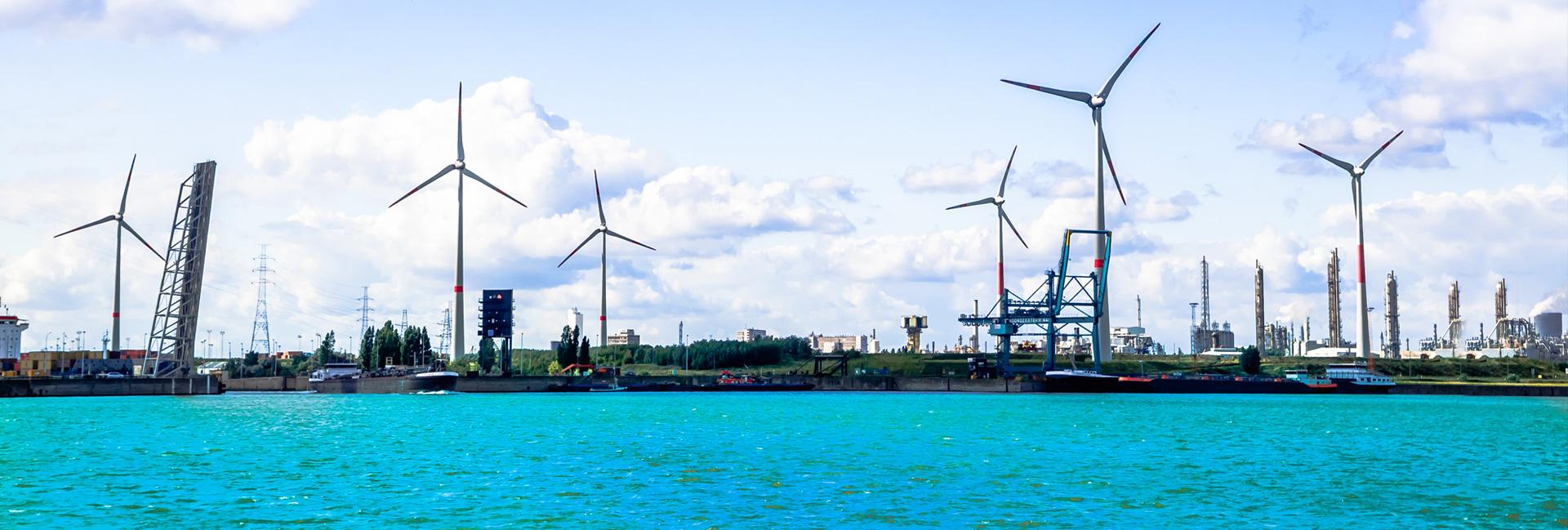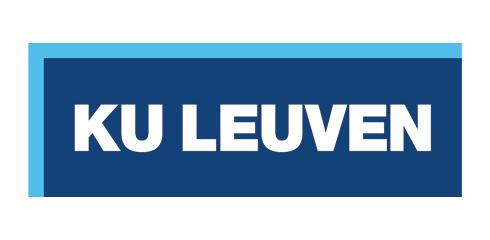
 Netwerk
Netwerk

 Netwerk
Netwerk


KU Leuven is an international community where innovative research forms the basis of all our academic programmes. Across the university, driven researchers and curious students continually gain new insights and use their knowledge to tackle the foremost challenges of our time. KU Leuven is dedicated to education and research in nearly all fields. Its fifteen faculties offer classes and degree-granting academic programmes, whilst research activities are organised by departments and research groups. These faculties and departments are clustered into three thematic groups: Humanities and Social Sciences, Science, Engineering and Technology (SET), and Biomedical Sciences. KU Leuven boasts thirteen campuses, spread across 10 cities in Flanders.
At KU Leuven, several research groups are active along the hydrogen value chain. This covers the production phase, storage, distribution and use phase, as well as whole grid considerations. Examples are: membranes for hydrogen production, power electronics for electrolyzers, inorganic materials (clathrates) and liquid organic hydrogen carriers (LOHC) for hydrogen storage and distribution, advanced characterization and simulation tools for investigating hydrogen embrittlement, design and reliability of hydrogen pressure vessels including failure monitoring, (solar) power to ammonia and electrocatalytic conversion of ammonia to hydrogen, use of hydrogen for heat and power engines, use of hydrogen in metallurgical processes, (hybrid) offshore energy conversion networks and integrated energy system modelling.